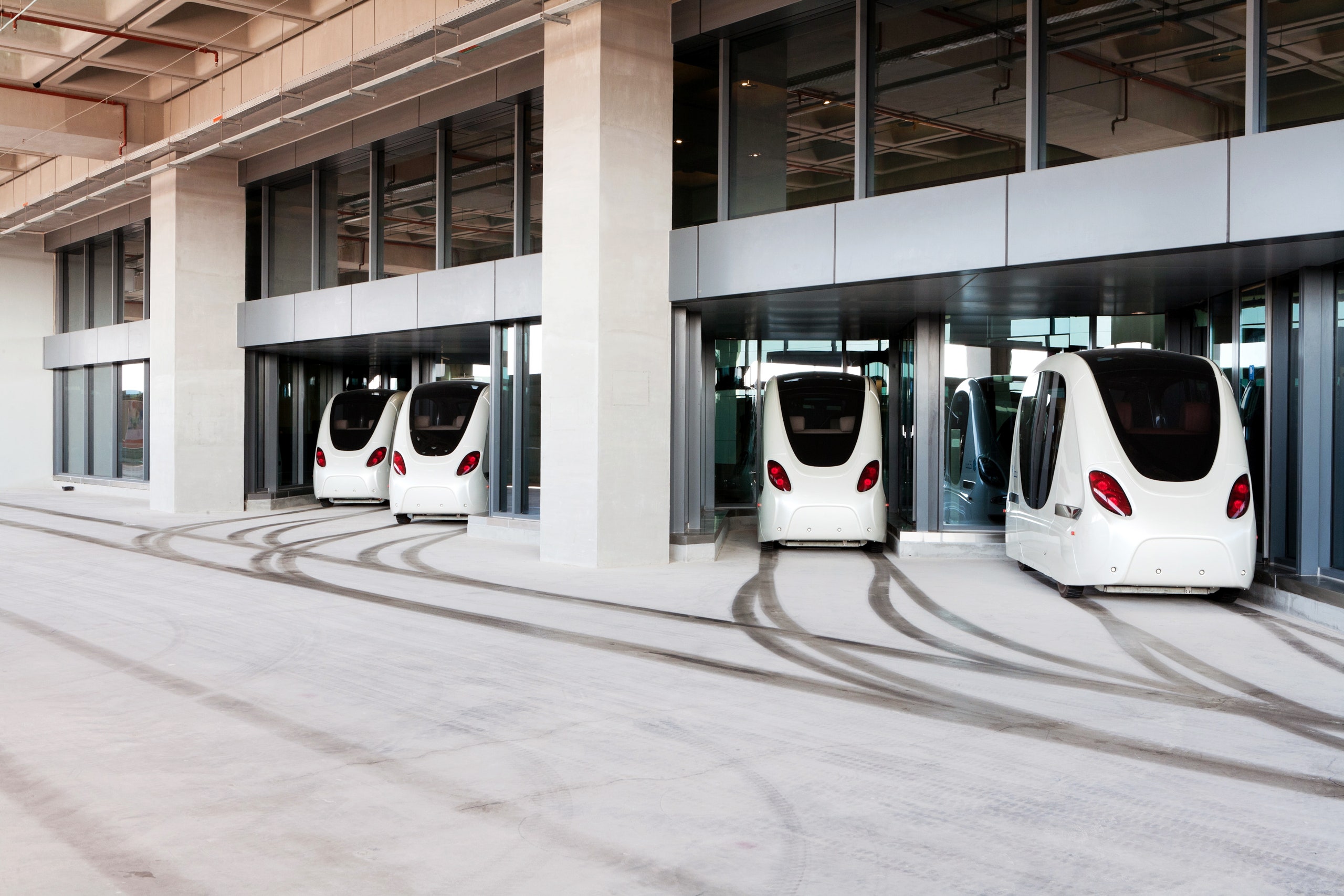AI and the Trolley Problem
A Study on Driverless-Car Ethics Offers a Troubling Look Into Our Values
Good article, and a very real problem. I raised my eyebrows a bit at the end though:
If billions of machines are all programmed to make the same judgement call, it may be a lot more dangerous to cross the street as, say, an overweight man than as a fit woman.
This is probably wrong. "A lot" more dangerous presumes that the trolley problem comes up a lot. It's rare, and should be much rarer when all the cars are far better at avoiding accidents altogether than even a sober, well-rested, experienced human driver.
Machine driven cars can exhibit superhuman reaction time. They can receive input about hazards instantly from other such cars nearby, from regional and global monitoring systems, from cell phone signals emitted by devices in pedestrians' pockets. They can pass all this data through predictive algorithms. They can act in concert: an entire stretch of highway can see every car show down simultaneously because a nearby traffic cam spotted a dog wandering too close.
Basically, if we get the technology right, a drunk meandering across a major freeway should merely inconvenience the passengers who have to wait for their road to clear. And stoplights and "Don't Walk" signs should fade into irrelevance.

Comments
Post a Comment